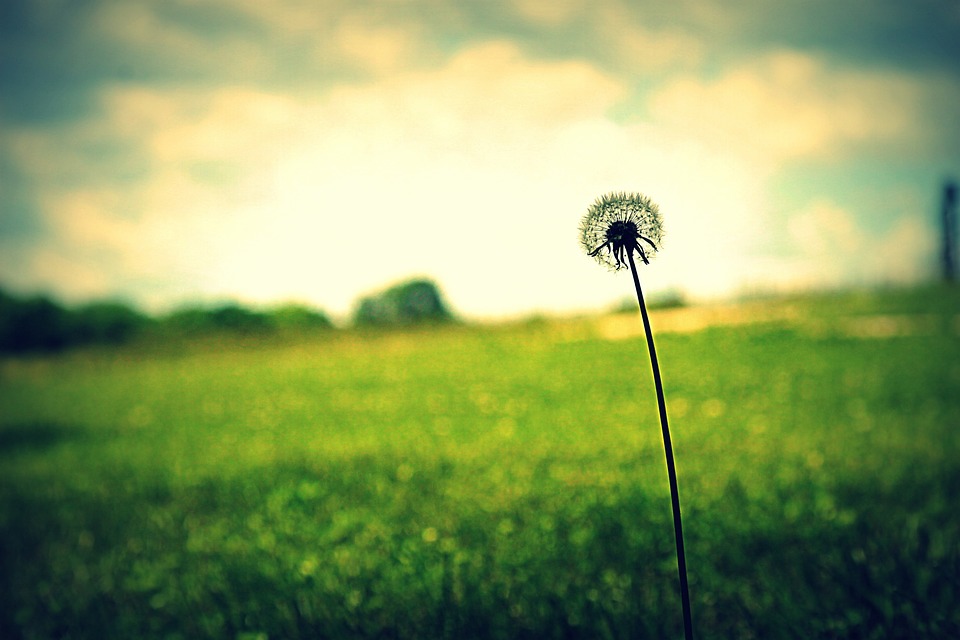Introduction
Your balcony can be transformed into a lush oasis, creating a serene environment and enhancing the beauty of your
home. With the right knowledge and a few expert tips, you can turn even the smallest balcony into a thriving
garden. This article aims to provide you with expert advice on creating a beautiful and thriving garden on your
balcony.
Choosing the Right Plants
The first step in creating a thriving balcony garden is selecting the right plants. Consider the amount of
sunlight your balcony receives throughout the day. Choose plants that are suitable for the specific light
conditions. For example, if your balcony is shaded, opt for plants that thrive in partial shade, such as ferns
or impatiens. If your balcony receives direct sunlight, go for sun-loving plants like petunias or marigolds.
Additionally, consider the size of your balcony and the available space for your plants. If you have a small
balcony, choose plants that are compact and do not require much space or extensive root systems.
Container Selection and Placement
The choice of containers is crucial for a successful balcony garden. Make sure your containers have good drainage
to prevent waterlogging, which can harm the plants. Consider using pots with saucers or trays to collect excess
water, avoiding any damage to your balcony floor.
Another important factor is the material of the containers. Opt for lightweight materials such as plastic or
fiberglass, especially if you have a balcony with weight restrictions. Ceramic or heavy containers can add
elegance but may pose practical challenges.
When placing your containers, think about the weight distribution. Balconies typically have weight limits, so
ensure proper weight distribution across the balcony. If you have larger and heavier containers, place them
closer to the walls or structural supports.
Soil and Fertilizer
Using the right soil and fertilizer is essential for the health and growth of your balcony garden. Potting soil
specifically formulated for container gardening works best for balcony plants. This type of soil ensures proper
drainage and aeration, creating a healthy root environment.
Regular fertilization is crucial for the continuous growth and flowering of your plants. Choose a slow-release
fertilizer that provides a steady supply of nutrients over time. Alternatively, you can use liquid fertilizers
diluted according to the instructions provided by the manufacturer.
Watering and Maintenance
Proper watering is essential, as it can make the difference between a vibrant garden and a wilted one. Check the
moisture level of the soil regularly, and water your plants accordingly. Generally, plants in containers require
more frequent watering than those in the ground due to their limited access to natural water sources.
Additionally, routine maintenance is important to ensure the health and aesthetics of your balcony garden. Regular
removal of dead leaves and spent flowers keeps your plants looking fresh and prevents pests and diseases from
taking hold.
Maximizing Space Efficiency
To make the most of your balcony space, consider vertical gardening techniques. Hanging baskets, wall-mounted
planters, and trellises are excellent choices to grow plants vertically, maximizing the available space. You can
grow climbing plants such as ivy or jasmine for added visual appeal and greenery.
Additionally, consider using multi-tiered shelving units or plant stands to create different levels for your
plants. This adds depth and visual interest to your balcony garden while utilizing space efficiently.
FAQs
Q: What types of plants are ideal for a balcony garden?
A: The ideal plants for a balcony garden depend on factors such as sunlight availability and space limitations. Some popular choices include herbs like basil and mint, flowers like geraniums and petunias, and foliage plants like ferns and succulents.
Q: How often should I water my balcony garden?
A: The watering frequency depends on factors such as the type of plants, weather conditions, and container size. Generally, check the moisture level of the soil regularly and water when the top inch feels dry.
Q: Can I use regular garden soil for my balcony garden?
A: It is generally not recommended to use regular garden soil for balcony gardening. Potting soil specifically formulated for container gardening is lighter, has better drainage, and retains moisture more efficiently.
Q: How can I prevent pests from damaging my balcony garden?
A: Regularly inspect your plants for signs of pests or diseases. Remove affected leaves or plants promptly. You can also use organic pest control methods such as insecticidal soap or natural predators like ladybugs to manage pests on your balcony.
Q: Can I grow vegetables on my balcony?
A: Yes, many vegetables can be successfully grown on a balcony as long as they receive sufficient sunlight and proper care. You can grow compact varieties of tomatoes, lettuce, peppers, herbs, and more.




